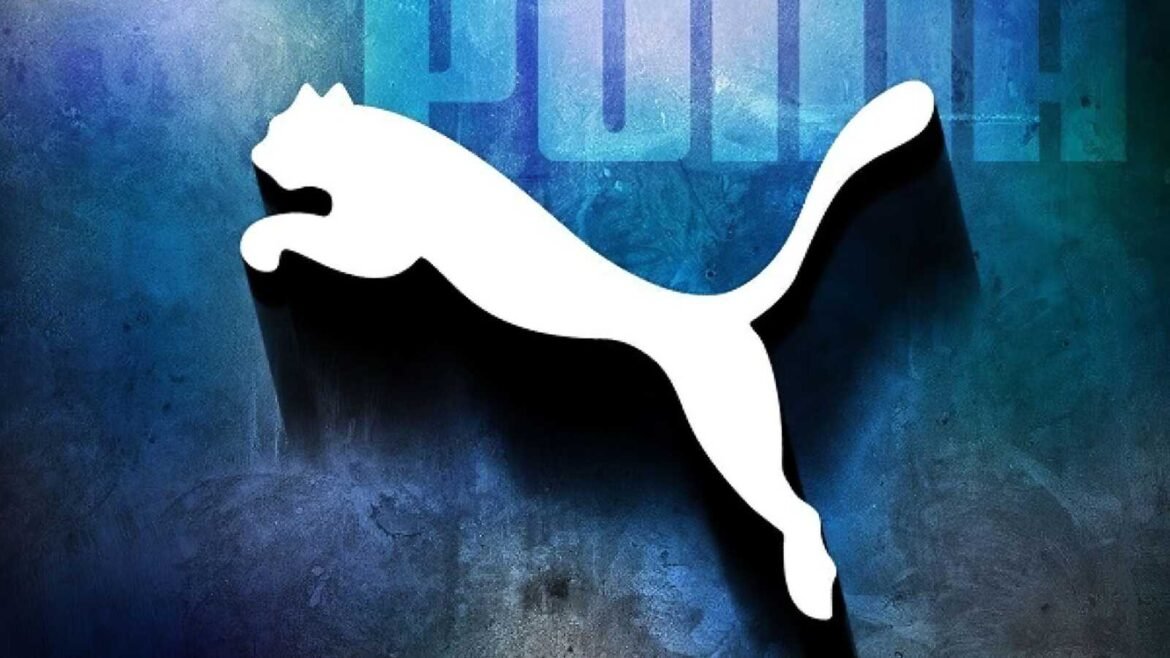Puma announced that it would be terminating its sponsorship of Israel’s national soccer team. The decision was made in response to mounting criticism of Puma’s association with Israel, which has been accused of human rights abuses against Palestinians.
Puma had been sponsoring the Israeli national team since 2015. The company’s decision to end the sponsorship was greeted with applause by some and condemnation by others.
Those who supported Puma’s decision argued that it was the right thing to do in light of Israel’s human rights record. They pointed to the ongoing Israeli occupation of the West Bank and the Gaza Strip, as well as the widespread use of military force against Palestinians.
“We believe that Puma has made the right decision to terminate its sponsorship of Israel’s national soccer team,” said Sarah Leah Whitson, executive director of Human Rights Watch. “This is an important step towards holding Israel accountable for its human rights abuses.”
Others argued that Puma’s decision was unfair and discriminatory. They pointed out that Israel is a democracy with a vibrant civil society, and that the Israeli national team is a symbol of hope and unity for many Israelis.
“We are dismayed by Puma’s decision to terminate its sponsorship of Israel’s national soccer team,” said Israel’s Ambassador to Germany, Jeremy Issacharoff. “This decision is based on false and misleading information, and we believe it is deeply unfair to the Israeli people.”
Puma’s decision has also been met with mixed reactions from the sporting world. Some athletes and coaches have praised the company for taking a stand on human rights, while others have criticized the decision as being political.
“I am proud of Puma for standing up for human rights,” said Megan Rapinoe, an American soccer player and outspoken critic of Israel. “This is an important moment for the sports world, and I hope that other companies will follow Puma’s lead.”
Other athletes, such as Lionel Messi and Cristiano Ronaldo, have been more critical of Puma’s decision. They argue that sports should be apolitical and that Puma’s decision is divisive.
“I am disappointed in Puma’s decision to terminate its sponsorship of Israel’s national soccer team,” said Lionel Messi. “Sports should be a way to bring people together, not to divide them.”
Puma’s decision to terminate its sponsorship of Israel’s national soccer team has sparked a debate about the role of corporations in politics. Some argue that companies should not take a stand on controversial issues, while others believe that companies have a moral responsibility to use their power to promote human rights.
The decision has also raised questions about the future of sports sponsorships. Some athletes and coaches have threatened to boycott sporting events sponsored by companies that do business with Israel.
Puma’s decision is likely to have a significant impact on the sporting world. It is a reminder that corporations are increasingly being held accountable for their actions, and that sports is no longer immune to political controversy.

